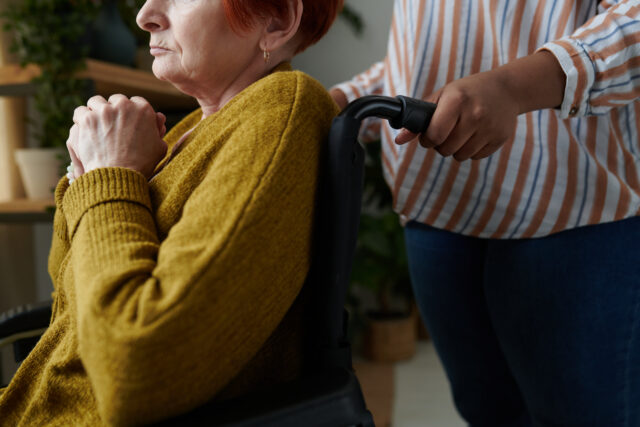
Meaningful Work Improves Health
Older workers with jobs that give them a high degree of control and influence or a sense of achievement and independence tend to be healthier, new research finds.
The specific benefits of these “psychosocial” aspects of work include lower blood pressure, musculoskeletal agility, better cognitive functioning and improved mental health. They’re equivalent to the health benefits associated with vigorous exercise three times a week, the study found.
Researchers long ago established a strong connection between poor health and jobs requiring strenuous physical activity in harsh conditions. This new study looks at a wide array of psychosocial job characteristics increasingly relevant in the New Economy, as well as revisiting the grueling physical characteristics prevalent in the manufacturing-driven economy of the past.
Lauren Schmitz, a postdoctoral fellow at the University of Michigan, tracked 50- to 64-year-old men working full-time over an 18-year period. The researcher used the Occupational Information Network, which gauges some 970 occupations, to identify the current physical and cognitive demands of their jobs, as well as their physical environments. Controls included factors such as the workers’ childhood health, smoking, exercise, mid-career earnings, and their parents’ socioeconomic status.
The study revealed a strong association between the men’s health and the psychosocial characteristics of their employment. Further, workers who were required to make “high-stakes decisions” had better cognitive functioning. Interestingly, only weak links were found between declining health and the environmental hazards and strenuous physical demands that the workers faced late in their careers.
“Occupations that allow men to use their strongest abilities and give them a sense of achievement, independence, variety, authority, creativity, and status are associated with improved health at older ages,” Schmitz concluded.
The research reported herein was performed pursuant to a grant from the U.S. Social Security Administration (SSA) funded as part of the Retirement Research Consortium. The opinions and conclusions expressed are solely those of the author(s) and do not represent the opinions or policy of SSA or any agency of the federal government. Neither the United States Government nor any agency thereof, nor any of their employees, makes any warranty, express or implied, or assumes any legal liability or responsibility for the accuracy, completeness, or usefulness of the contents of this report. Reference herein to any specific commercial product, process or service by trade name, trademark, manufacturer, or otherwise does not necessarily constitute or imply endorsement, recommendation or favoring by the United States Government or any agency thereof.
Comments are closed.







Couldn’t agree more. I see this all the time with my clients. Some of my healthiest clients are those still working in their 70’s and 80’s.
Hope this is true for women, too.